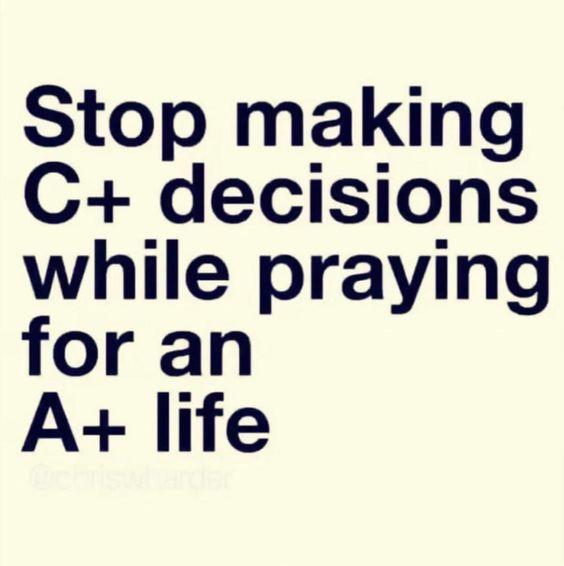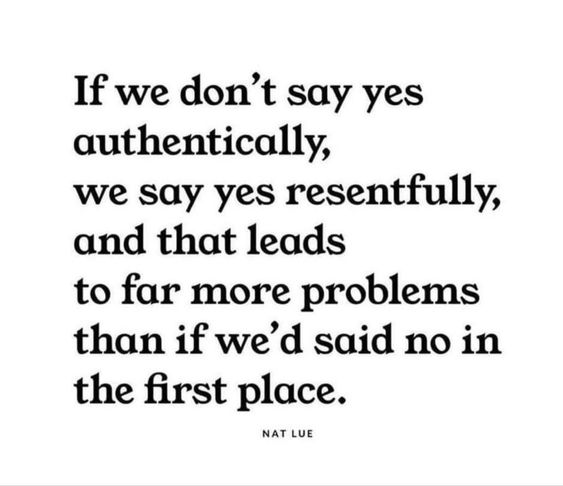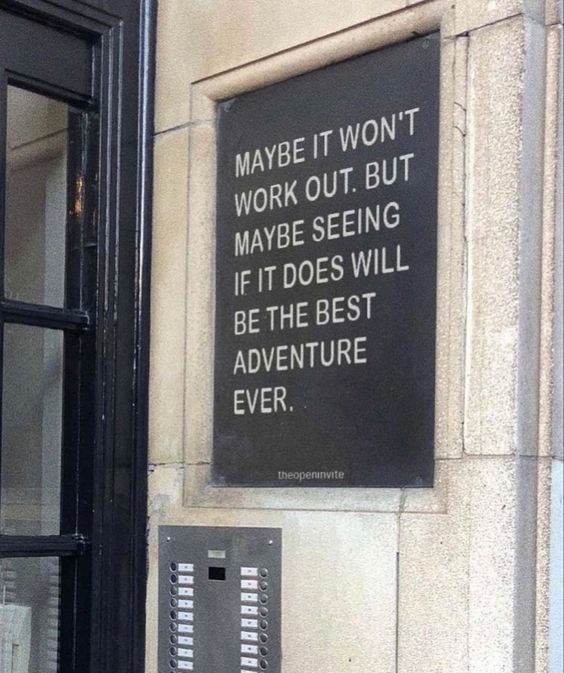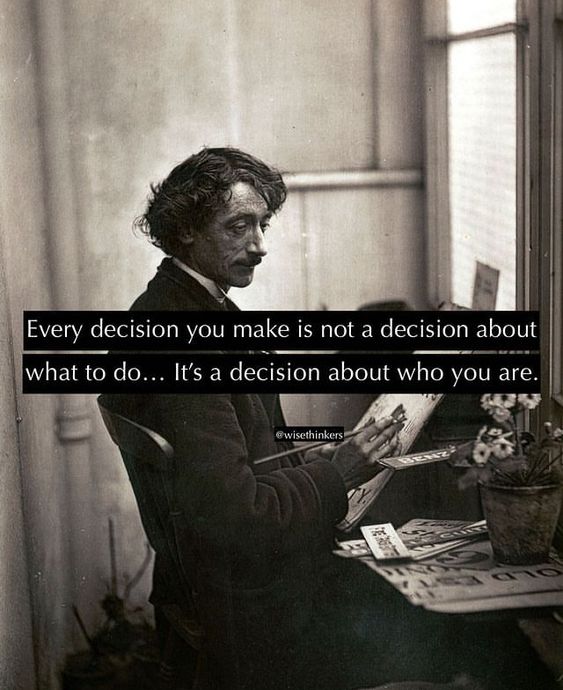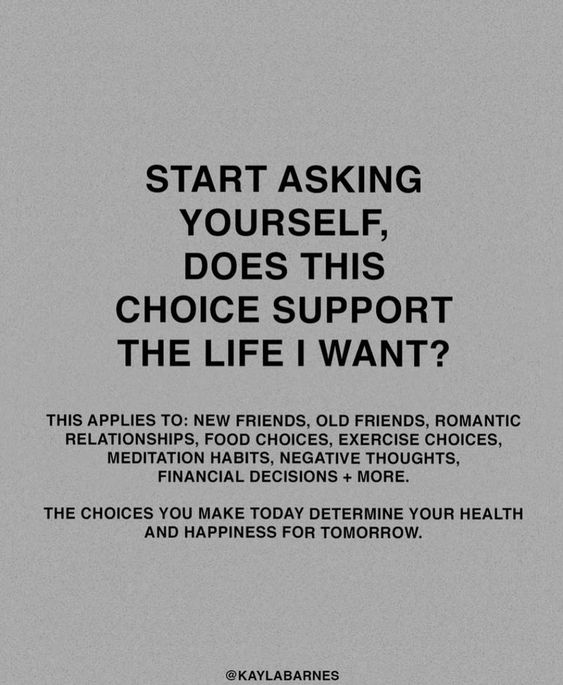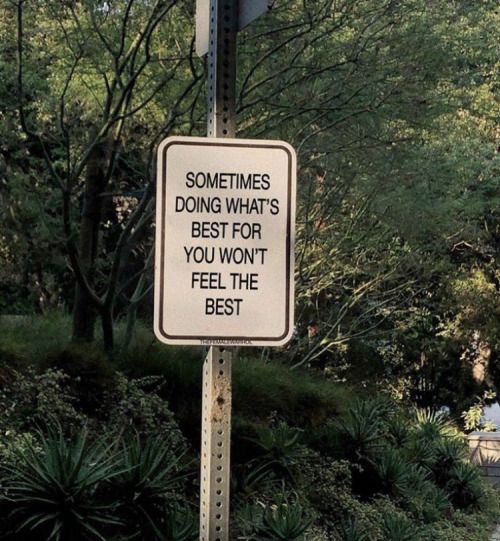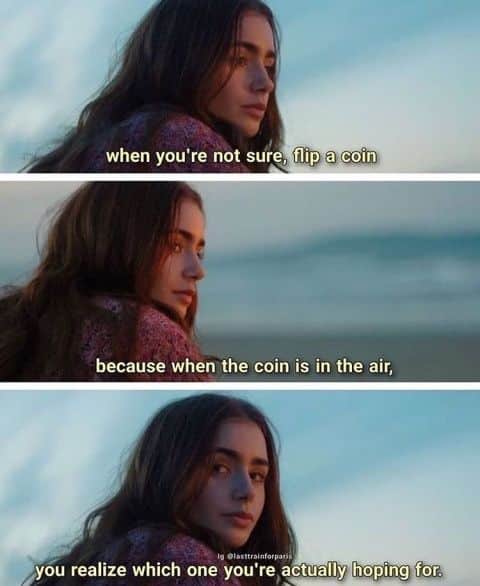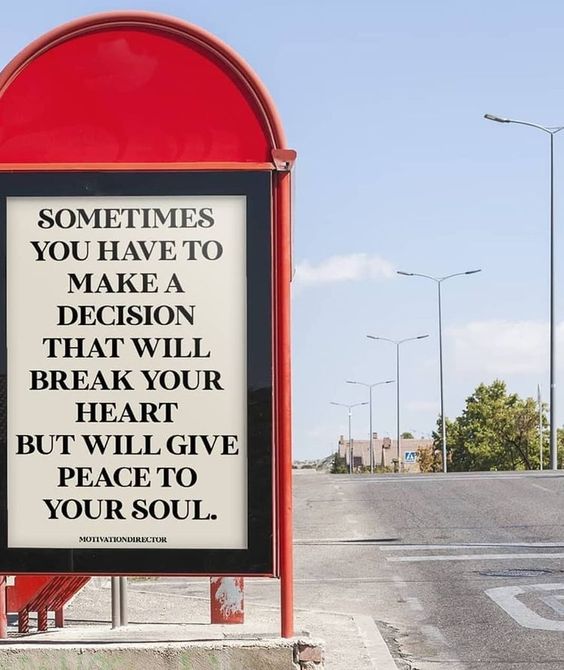“I saw my life branching out before me like the green fig tree in the story. From the tip of every branch, like a fat purple fig, a wonderful future beckoned and winked. One fig was a husband and a happy home and children, and another fig was a famous poet and another fig was a brilliant professor, and another fig was Ee Gee, the amazing editor, and another fig was Europe and Africa and South America, and another fig was Constantin and Socrates and Attila and a pack of other lovers with queer names and offbeat professions, and another fig was an Olympic lady crew champion, and beyond and above these figs were many more figs I couldn’t quite make out. I saw myself sitting in the crotch of this fig tree, starving to death, just because I couldn’t make up my mind which of the figs I would choose. I wanted each and every one of them, but choosing one meant losing all the rest, and, as I sat there, unable to decide, the figs began to wrinkle and go black, and, one by one, they plopped to the ground at my feet.”
Sylvia Plath, The Bell Jar
“The idea of ‘Fuck Yes…or N’ is far too simple and has caused me quite a lot of grief. Dropping out of college, I was maybe 51/49 on it. Leaving my corporate job to become a writer, maybe 60/40. Right now I’m about to do something big that I am both excited and terrified about. The point is: The certainty comes later. The truly life-changing decisions are never simple. If I had only ever done things I was absolutely certain about, I’d have missed out on experiences I love. Conversely, I regret a good chunk of my ‘Fuck yes’s’ because I was caught up in a fit of passion or bias. The whole point of risk is that you don’t know.“
Ryan Holiday
“I had always known logically that I could choose not to study law. But emotionally it had never been an option. That’s when I realized that in sacrificing my power to choose I had made a choice—a bad one. By refusing to choose ‘not law school,’ I had chosen law school—not because I actually or actively wanted to be there, but by default. I think that’s when I first realized that when we surrender our ability to choose, something or someone else will step in to choose for us.”
Greg McKeown, Essentialism (Page 34)
“My decision to join the ashram turned up the volume of opinions and concerns around me, but, conveniently, my experiences in the ashram had also given me the tools I needed to filter out that noise. The cause and the solution were the same. I was less vulnerable to the noises around me, telling me what was normal, safe, practical, best. I didn’t shut out the people who loved me—I cared about them and didn’t want them to worry—but neither did I let their definitions of success and happiness dictate my choices. It was—at the time—the hardest decision I’d ever made, and it was the right one.”
Jay Shetty, Think Like A Monk (Page 6)
“There’s so much messaging today about how you always have to be yourself and trust your feelings. But I tell people, ‘be un-you.’ Like what is the opposite of what you feel like doing right now? Or who is someone you really admire—what would they do in this moment? And I actually think that can get us closer to the versions of ourselves that we would like to be…Separating oneself from one’s impulse, taking a healthy step back and gaining some distance between what you feel like doing and what’s actually going to help you—you’ll make a better choice.”
Dr. Samantha Boardman
“Feelings do not inform you of the right decisions to make. Right decisions create the right feelings. Your feelings are not intended to guide you throughout life; that is what your mind is for. If you were to honestly follow your every impulse, you would be completely stuck, complacent, and possibly dead or at the very least in severe trouble. You aren’t, because your brain is able to intervene and instruct you on how to make choices that reflect what you want to be experiencing long-term.”
Brianna Wiest, The Mountain Is You (Page 94)
“‘Turst your feelings!’ —But feelings are nothing final or original; behind feelings there stand judgments and evaluations which we inherit in the form of… inclinations, aversions. The inspiration born of a feeling is the grandchild of a judgment—and often of a false judgment!—and in any event not a child of your own! To trust one’s feelings—means to give more obedience to one’s grandfather and grandmother and their grandparents than to the god which are in us: our reason and our experience.”
Friedrich Nietzsche, via The Daily Laws (Page 387)
“Make decisions that your 80-year old self and 10-year-old self would be proud of. Your 80-year-old self cares about the long-term compounding of the decisions of today. Your 10-year-old self reminds you to stay foolish and have some fun along the way. When you make decisions with both of them in mind, you have a recipe for a productive, joy-filled life.”
Sahil Bloom
